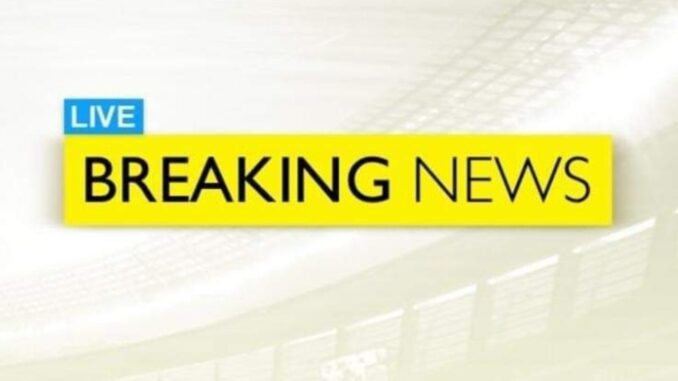Manchester City manager Pep Guardiola did not hold back his frustration when reflecting on Arsenal’s tactics during their heated encounter at the Etihad Stadium, which ended in a thrilling 2-2 draw. The match was packed with drama, and City salvaged a point thanks to a stoppage-time equalizer from defender John Stones. Arsenal, who had taken the lead earlier, were forced to play with ten men after Leandro Trossard was controversially sent off just before halftime. Despite being a man down, Arsenal fought doggedly to preserve their slim advantage, but Guardiola was clearly unimpressed with the manner in which they approached the latter stages of the match.
As the second half wore on, several Arsenal players were seen struggling with cramp, an issue that Guardiola suspected was more tactical than genuine. From his perspective, these frequent stoppages were not coincidental but rather a deliberate attempt to break up City’s attacking rhythm. He felt that Arsenal, aware of City’s dangerous counter-attacking ability, sought to slow the game down by any means necessary, effectively disrupting the fluidity of City’s play. Guardiola’s frustration boiled over in his post-match comments, where he implied that Arsenal’s time-wasting tactics were a key reason City struggled to regain full control of the game during crucial moments.
Arsenal’s tenacious defending and frequent halts in play seemed to frustrate City, who were pushing hard to overturn the deficit. Despite Arsenal’s best efforts to run down the clock and protect their lead, City found a breakthrough in the dying moments. John Stones’ late goal was a lifeline for Guardiola’s side, preventing Arsenal from leaving with all three points. However, the fact that the match ended in a draw did little to quell Guardiola’s dissatisfaction with the way Arsenal approached the game after Trossard’s dismissal.
The match was even more complicated due to the absence of key players on both sides. Arsenal, without their influential captain Martin Ødegaard, had to adjust their tactical approach. City, on the other hand, were missing the creative brilliance of Kevin De Bruyne, which left them short of attacking options in midfield. To make matters worse for City, they also lost their pivotal midfielder Rodri to an injury in the first half. Guardiola acknowledged after the match that Rodri’s injury could be a serious concern moving forward, though he had not yet received a detailed update from the medical staff regarding its severity.
Guardiola’s frustration was not solely centered on the physical toll of the match, though. His post-match remarks strongly hinted at his dissatisfaction with the tactical nuances employed by his former assistant, Mikel Arteta. Guardiola subtly criticized Arsenal for what he believed were orchestrated stoppages due to players claiming to have cramp. These disruptions, in his view, were a part of a broader strategy designed to frustrate City, slow down the pace of the game, and reduce the opportunities for City to mount sustained attacks. Guardiola’s insinuation was clear: Arsenal’s tactics were more about survival than competing toe-to-toe with City in open play.
Although the match finished with both teams sharing the spoils, Guardiola’s sharp comments underscored the intensifying rivalry between the two sides, not just on the field but in the psychological battles between the managers as well. As two of the Premier League’s top teams, every match between City and Arsenal carries enormous weight, and this clash was no different. Guardiola’s remarks suggested that the tension between him and Arteta, once mentor and protégé, has now evolved into a fierce tactical and psychological contest.
Looking ahead, both teams will face the challenge of managing injuries to key players while maintaining their momentum in the title race. For City, the potential loss of Rodri could be particularly damaging, as he has been an essential figure in their midfield. Arsenal, too, will need to find a way to cope without Ødegaard if his absence continues. Yet, beyond the physical toll, Guardiola’s post-match comments hinted at a deeper, ongoing rivalry—one where mind games between the managers could be as significant as the battles on the pitch. The relationship between Guardiola and Arteta, once built on collaboration, has now transformed into one of fierce competition, and their tactical duels will undoubtedly continue to captivate fans in future encounters.
